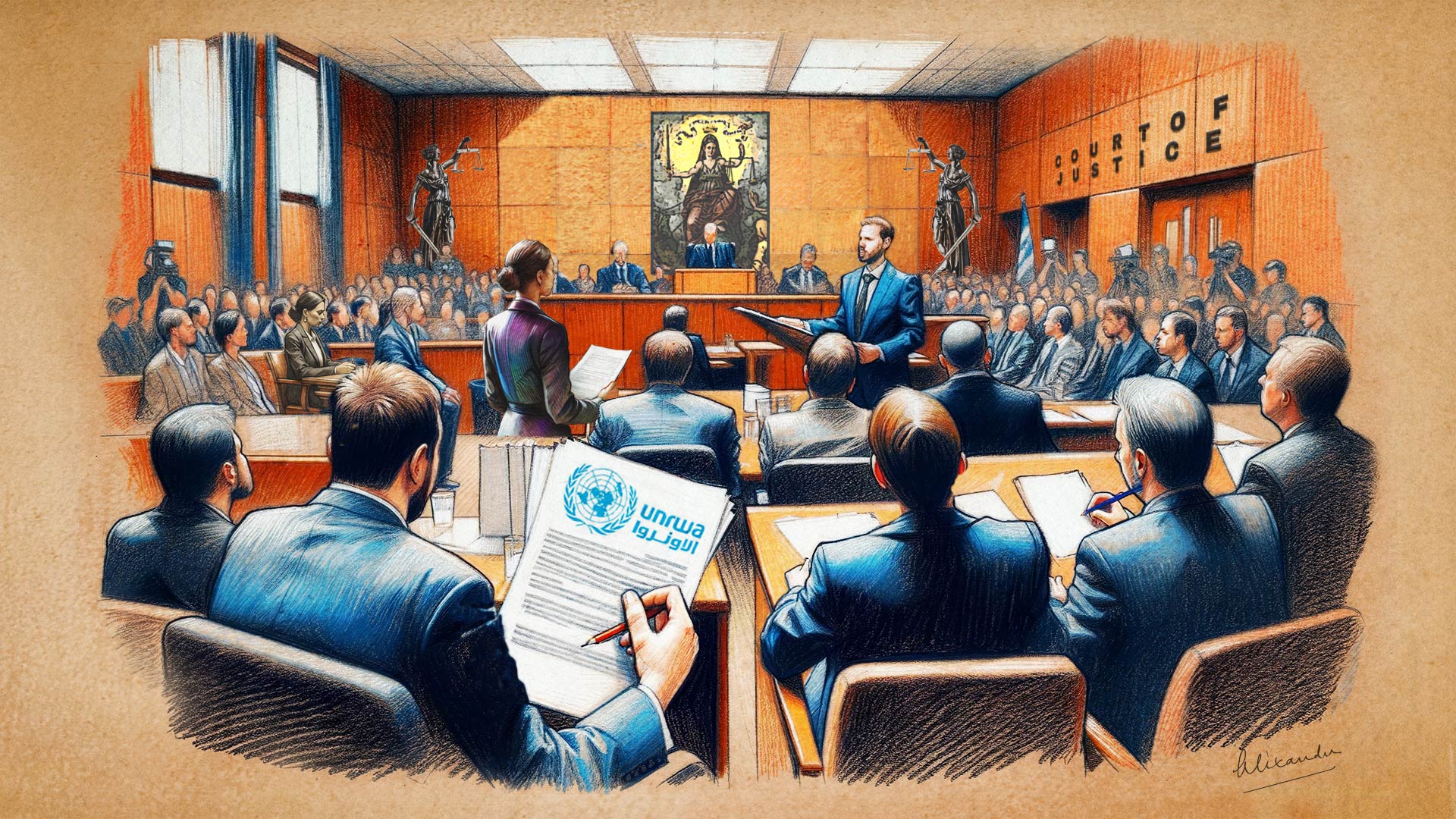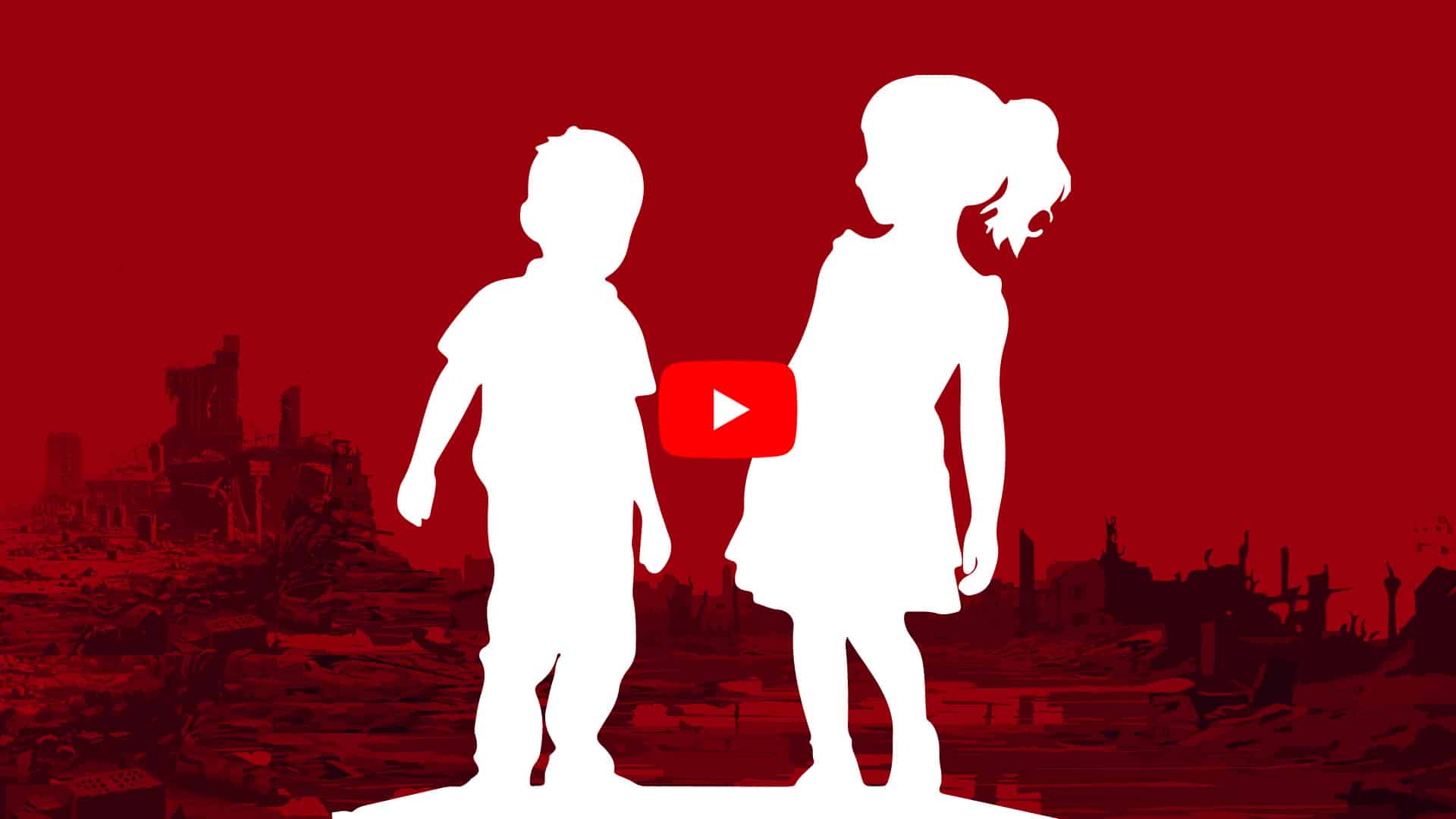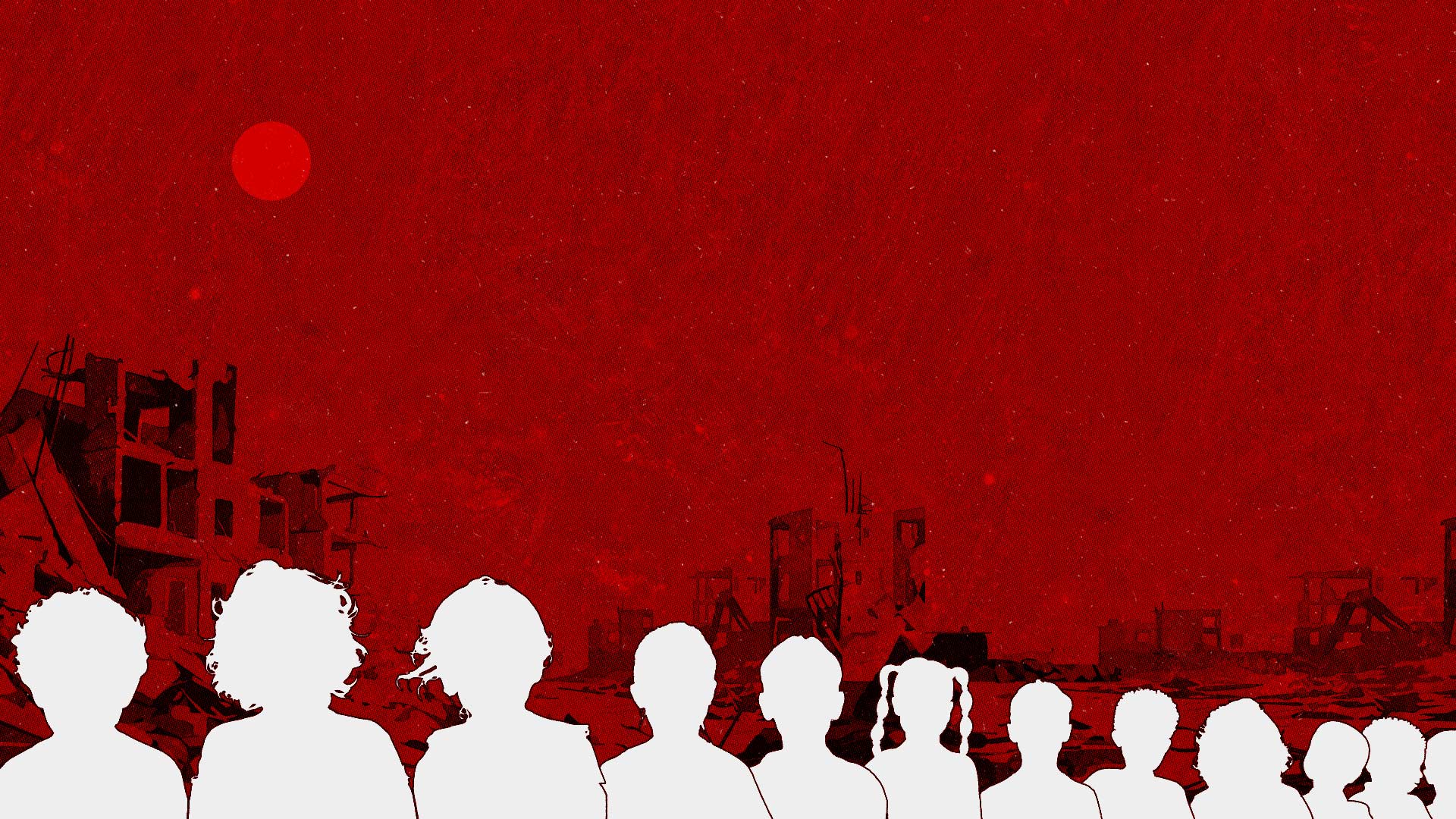The Israeli-led show trial of the United Nations Relief and Works Agency for Palestine Refugees in the Near East (UNRWA) has finally unraveled. Former French Foreign Minister Catherine Colonna’s independent review, published Monday, into allegations that UNRWA staff participated in the Oct. 7 attacks stated, among other conclusions, that Israeli officials had failed to provide any evidence to support their claims.
The report noted several challenges faced by the agency, including a “lack of communication and information-sharing” with donors on issues such as neutrality and financial budgets. Nonetheless, it also highlighted that UNRWA has “robust” measures in place to ensure its operations adhere to the principles of humanitarian neutrality. These include the comprehensive 2017 UNRWA Neutrality Framework and clear obligations for agency staff. Colonna’s report also comes following an intelligence report out of Washington that Israel’s most stalwart ally had “low confidence” in the Israeli allegations.
This ongoing Israeli campaign against UNRWA is just the latest salvo in an enduring effort to undermine the agency, hamper its operations, and push for its dissolution. Indeed, in February, Israel’s Foreign Affairs Ministry pre-emptively rejected the Colonna review’s potential findings and recommendations as “cosmetic solutions.” The review itself was prompted by the uproar caused by Israel’s accusations in January triggering 16 of UNRWA’s Western donors, led by the United States, to collectively suspend $440 million in funding.
In recent weeks, most international governments, having realized they were duped by Israel’s vacuous claims, quietly reinstated funding. However, with Washington, once UNRWA’s largest funder by far, still withholding support, as of April 22, UNRWA’s budget shortfall for 2024 stands at $267 million, roughly one-third of the forecasted annual income, according to Dorothée Klaus, Director of UNRWA Affairs in Lebanon. Not only does this jeopardize those in Gaza, but it also threatens the welfare of Palestinian refugees in the West Bank, Lebanon, Syria, and Jordan.



